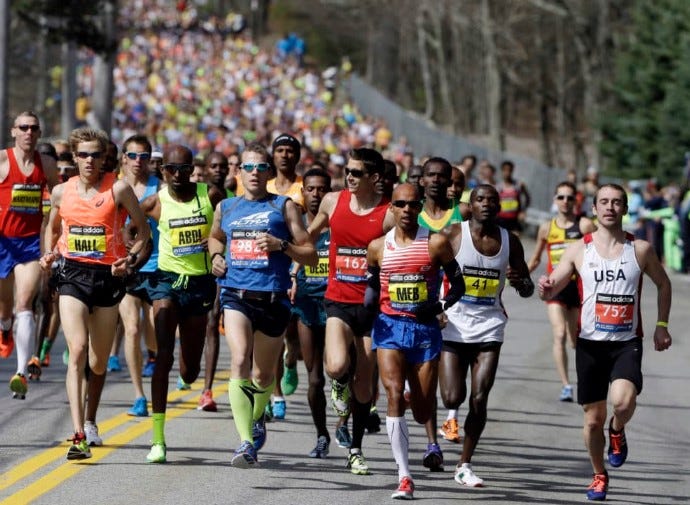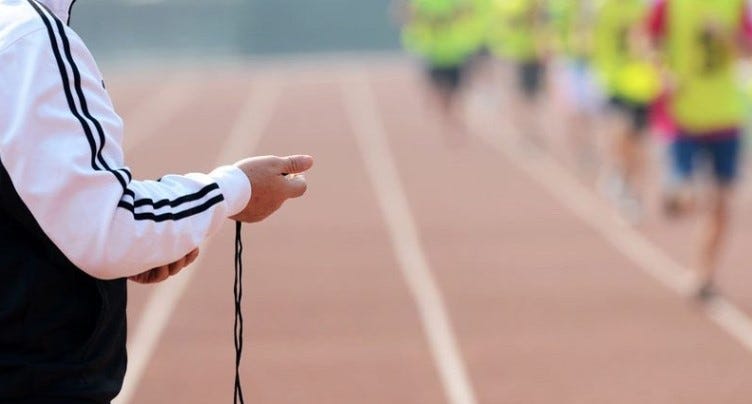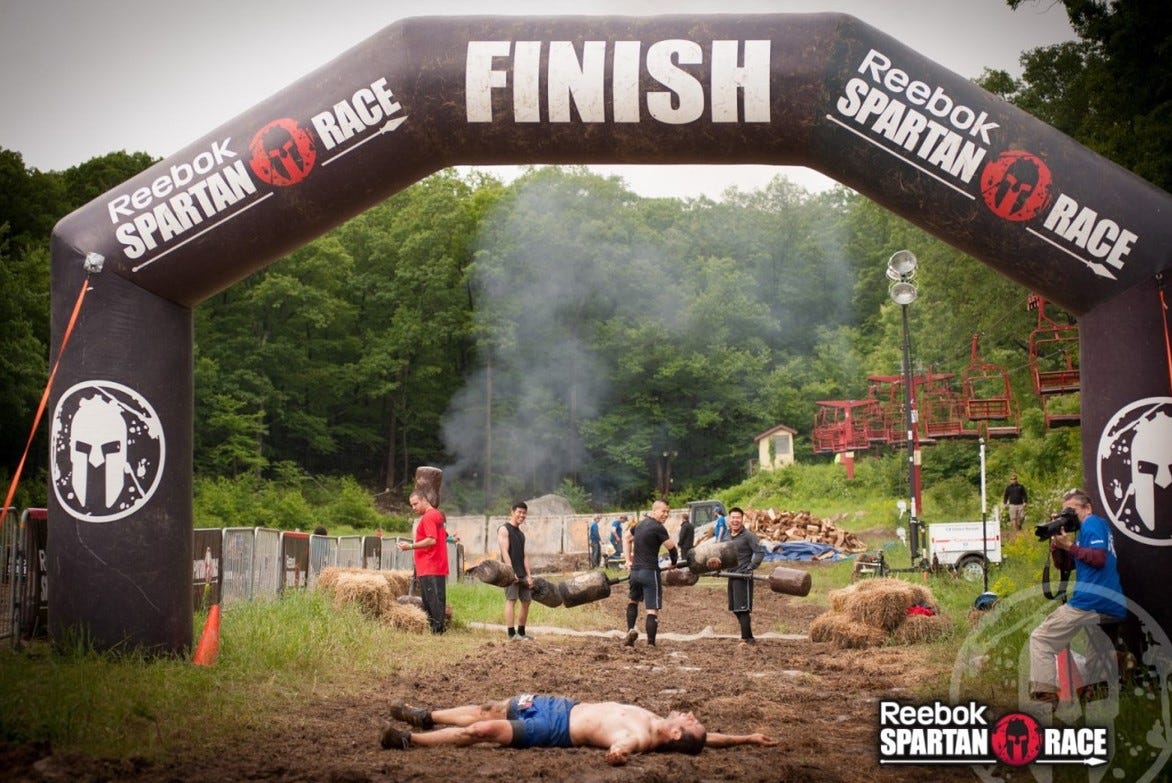Train like a Sales Athlete: how deliberate practice can transform your B2B Sales performances
In sales, just like in running, everyone wants to get faster. Sales professionals want to close deals more efficiently, increase conversion rates, and ultimately boost revenue. But just as a runner can’t expect to shave seconds off their time without deliberate training, Sales Reps can’t expect to improve their closing rates without focused preparation.
Selling is a performance at every stage. You don’t really rise for the occasion. Your results reflect the quality of your training - just as in running.
The closing phase is the race - but the work starts long before
If the closing phase of a deal is the race itself, then everything leading up to it is the training. Runners don’t just show up on race day and hope for the best - they train deliberately, focusing on specific aspects of their performance. They do interval training to build speed, technique drills to refine their form, and endurance workouts to sustain their pace.
Sales is no different. Reps who rely solely on their natural ability or experience will eventually plateau. Those who engage in structured, deliberate practice will see continual improvement. The key is to break down sales performance into trainable components, just as runners do with their speed, endurance, and form. No doubt than AI tools can help you in some domains.
Deliberate practice: the key to selling faster and better
Malcolm Gladwell’s 10,000-hour rule (inspired by the work of Anders Ericsson) suggests that mastery in any field requires not just experience, but deliberate practice - focused, structured training designed to improve performance. In sales, this means identifying the key skills that lead to a strong close and training them systematically.
For example, if a salesperson struggles with overcoming objections, they should engage in role-playing exercises specifically designed to refine objection-handling techniques. If discovery calls are a weak point, they should practice active listening and questioning strategies with a coach or mentor. Just like a sprinter fine-tunes their acceleration and stride, sales reps need to fine-tune their pitch, negotiation tactics, and closing strategies.
How to train like a Sales Athlete
Analyze your performance
Runners analyze their splits; salespeople should analyze their call recordings, email responses, and deal flow to find areas for improvement.
Target weaknesses with specific drills
Just as a runner works on sprint drills or hill training, a salesperson should drill specific sales techniques like objection handling, storytelling, or negotiation.
Simulate real conditions
Runners do race simulations; sales reps should practice high-pressure closing scenarios in role-plays or mock calls.
Get a coach
Even elite athletes have coaches. Sales professionals should seek mentorship, feedback, and structured training to accelerate their progress.
Train consistently
Success in running and sales doesn’t come from occasional effort but from sustained, disciplined practice over time.
Choosing your race: know where you excel
Once you have assessed your strengths and weaknesses, it's easier to identify what you need to focus on. But it’s also the right time to assess if you’re racing the right discipline. Maybe your endurance is exceptional compared to your speed. In that case, you might perform better in longer, endurance-type sales cycles. Or maybe you thrive in unpredictable, challenging environments, where thinking on your feet is key. If you love running outdoors on uneven ground, trail running might be more appealing than a track and field race. Just like there are many different types of running, there are different types of sales. Whether you’re into long-term relationship building or short, intense deal cycles, knowing what suits your strengths and passion will help you excel. In sales, you’re in the “performance” business, and by assessing what you enjoy and where you’re good at, you’ll be able to choose the type of sales that best fits your qualities.
The need for a coach, not just a manager
In the world of elite performance, whether in athletics or sales, managers are important for overseeing processes and ensuring objectives are met. However, when it comes to driving sustained, peak performance, what salespeople need most is a coach. A coach provides guidance, feedback, and support tailored to individual growth. They don’t just direct; they empower. Managers may focus on targets and results, but coaches focus on the how. They help salespeople refine their skills, build confidence, and overcome obstacles. Just as athletes don’t reach the podium without coaching, sales professionals need that guidance to continuously improve, break through plateaus, and consistently raise their game. As a sales manager, think of yourself not just as a taskmaster but as a mentor - a coach who nurtures growth and inspires performance.
The payoff: faster sales cycles, higher win rates
When runners train smarter, they get faster. When sales professionals train smarter, they close more deals in less time. By embracing a training mindset and incorporating deliberate practice into their routine, B2B sales teams can gain a competitive edge and consistently improve performance.
So, if you want to close deals faster and more effectively, don’t just wing it. Train for it. The podium awaits.






I like your analogy with race sport training; that's so clear ;-) One important piece of the result is also creativity in addition to training. This is where the coach comes back, not to give advice but to sharpen your curiosity and have brilliant ideas to close your deal. How lucky are companies that have coaches :)